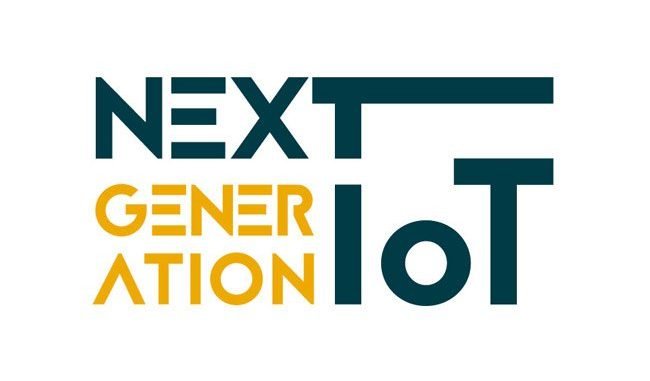
Dr. Christian Winkler
Senior Principal Expert IoT, Corporate Technology, Siemens AG
Digital technologies and IoT were already changing the face of industry and the way we do business, but the COVID-19 pandemic has put the digital economy even more prominently at the center of our lives. Focused EU investments in digital technologies are needed to underpin our digital sovereignty and our industrial future. Initiatives supporting the formation of data ecosystems and research in cybersecurity as well as cloud and edge computing should be further encouraged.
The digital transformation is also a key enabler to deliver the green transition. The ultimate value-add will not come from better ways to store or share data, but from our ability to derive value from data and take the (energy) efficiency and flexibility of our factories and infrastructures to the next level. As an example: Value can be generated by exploring big data analytics to allow new business models that aim for more transparent value chains and CO2 footprints, thus resulting in better energy efficiency and resource management as well as higher industrial resilience.
Impact, speed and value creation are key. Only with sound business logic and proven practical use cases, will investments in data infrastructures or marketplaces grow to scale and benefit European companies and citizens.
The EU needs to build an ecosystem of excellence based on trust where manufacturers, researchers, SMEs, service providers and other economic operators work together, engage in a mutually beneficial exchange of data and create value in the entire supply chain. A main focus of the EU digital strategy should lie on the B2B domain, building on Europe’s industrial base.
Voluntary sharing of industrial data across companies, e.g., in data pools or ecosystems with innovative, pro-competitive impact, should be encouraged.
A secure and reliable communication infrastructure is the backbone of the digital economy. A swift, Europe-wide and harmonized rollout of 5G infrastructure is of utmost importance. 5G will enable new high-value services and generate huge opportunities for smart manufacturing, transport and healthcare. The adoption of 5G needs to include 5G campus networks operated by and for factories and other geographically limited infrastructure. These 5G campus networks will be the cornerstone of real-time communication among machines, systems and plants at production sites and therefore a success factor for the industrial Internet of Things.




